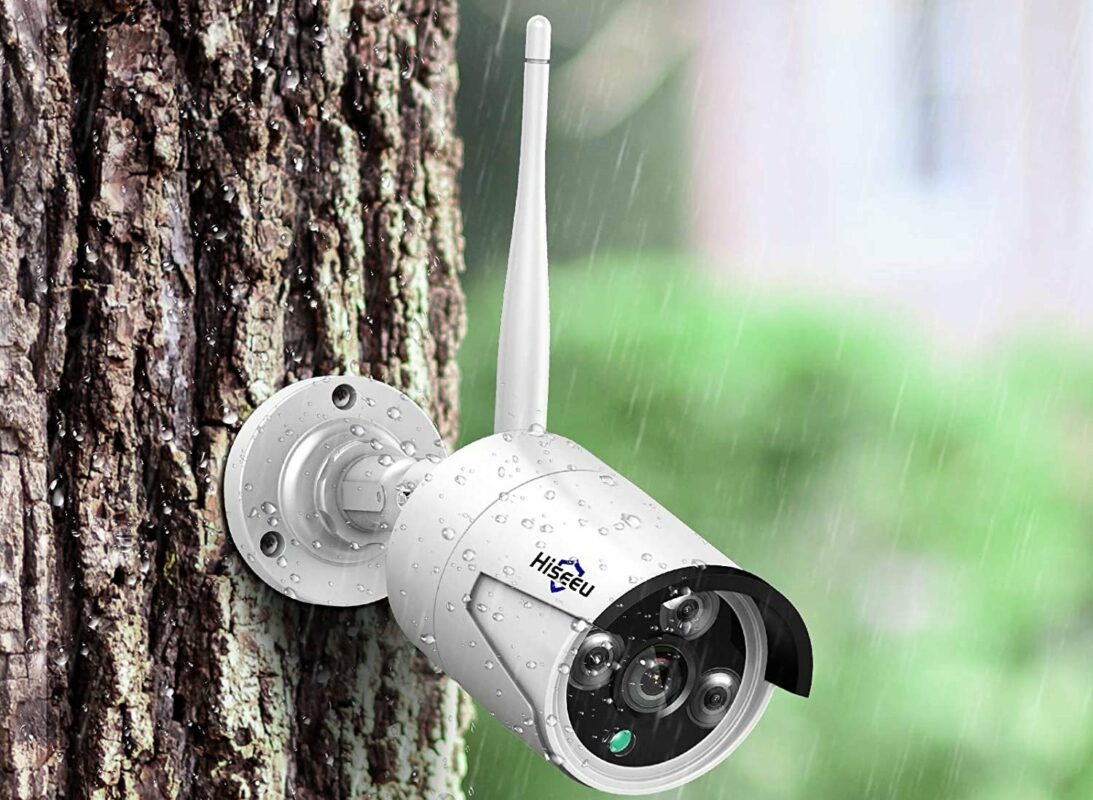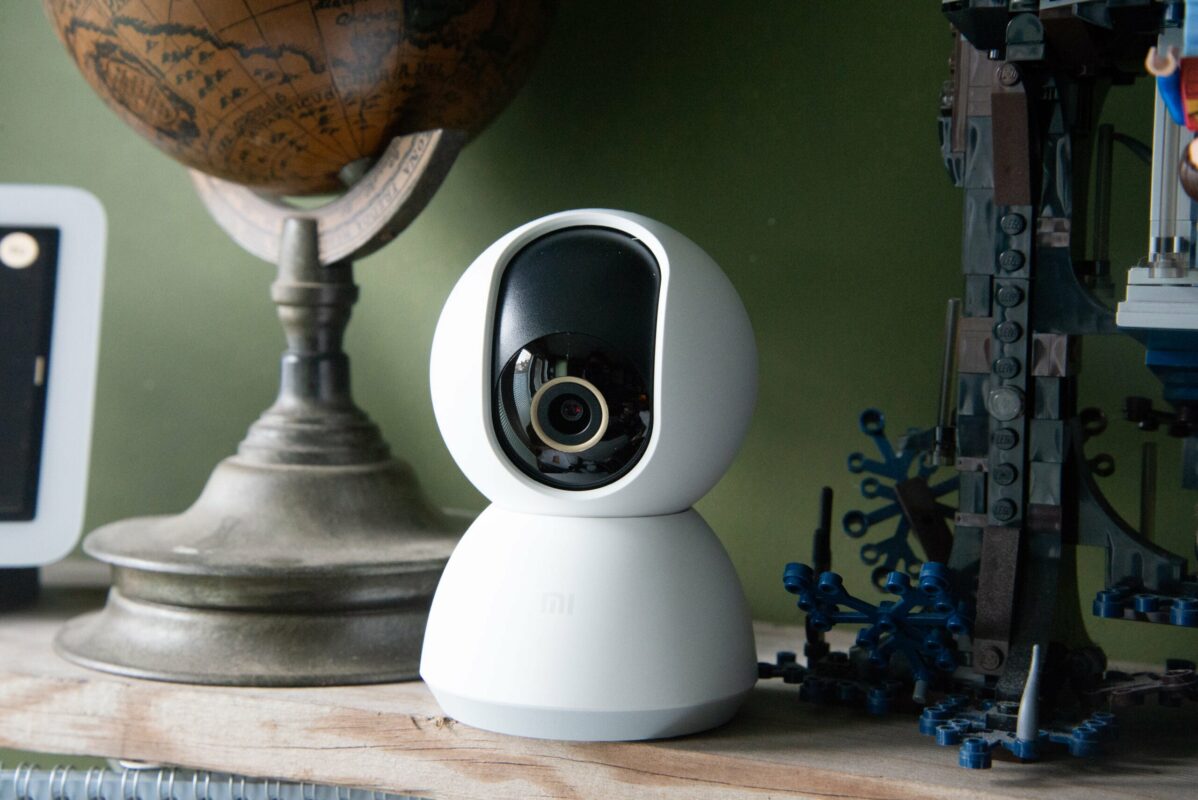Advantages of IP cameras vs analog cameras
There is a very long tradition in the use of analog CCTV cameras that have made it a mature and proven technology in the video surveillance market. However, the strong entry into the market of security cameras with IP technology makes it essential to know the advantages of IP cameras vs. analog cameras.
IP technology in surveillance cameras is not really new. In addition, the advancement of this technology seems unstoppable with the constant appearance of new devices, each time with greater capacities and at lower costs.
It is a fact that major manufacturers are investing huge amounts of money in developing this technology. However, our video surveillance cameras with IP technology the definitive alternative for your video surveillance system?
The answer to this question is simple: it depends on the technical and economic characteristics of the project that you need to implement.
So, keep reading, as this article serves as a guide for both end users and installers when it comes to understanding the differences, advantages, and disadvantages that exist between IP and analog cameras.
In this first part, I will share with you the main advantages of IP cameras, compared to the traditional video surveillance system.
7 advantages of IP cameras vs. the analog ones
connectivity
Once an IP camera is brought online, the information generated by it can be accessed from virtually any location, taking advantage of the world’s widely available data network infrastructure, without the need for additional physical cabling.
Illustration 1 IP camera connectivity
Wiring savings
IP security cameras can use PoE (Power Over Ethernet) technology. This makes it possible for both video and power to be transmitted through the same cable (UTP) . Therefore, additional wiring and power supply equipment costs are saved.
Storage scalability and flexibility
The video transmitted by IP cameras is nothing more than data packets over an Ethernet network. Thanks to this, the information storage can be perfectly distributed in one or more computers with access to the system’s data network.
Integration to other applications
The digital transmission format allows video information to be easily integrated into other electronic security systems. For example, access control, burglar alarm, fire detection alarms, etc. This functionality allows real-time streaming video on multiple security platforms quickly, efficiently, and safely.
Remote setup and adjustment
The bidirectional communication capacity of the video surveillance IP cameras enables the internal parameters of the device to be readjusted remotely. Then, the additional equipment that is necessary to use in the traditional analog system is not required.
Improved video quality
A high-quality traditional analog camera transmits in a 4 CIF format. This represents only about 0.44 megapixels. This resolution is far surpassed by the cheapest IP cameras on the market, which are around 1.2 megapixels. So, a camera with IP transmission technology delivers more information, higher resolution, and, therefore, higher video quality.
noise immunity
Traditional analog CCTV cameras transmit video in the form of an analog electrical signal. This type of signal is very susceptible to being distorted by external electrical signals. We can see this distortion as noise in the video signal that we observe. In comparison, the data packets sent by an IP CCTV camera are highly immune to electromagnetic interference and possible grounding problems that may be present in the installation.
When comparing IP cameras vs. analog cameras, the first seems to leave with all the advantages. However, in reality, IP technology in security cameras also has some disadvantages compared to analog video surveillance systems. We will cover this in more detail in the next article in this series on the disadvantages of IP cameras.
Did you find the information on analog cameras and their disadvantages compared to video surveillance cameras with IP technology useful? Leave your comment, as always we would like to know your opinion.
On the other hand, do you think I can help you a little more with your electronic security and video surveillance projects, contact us and we will gladly answer.













